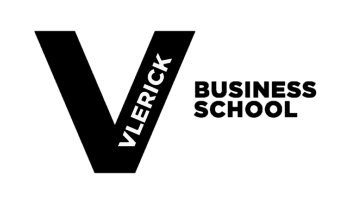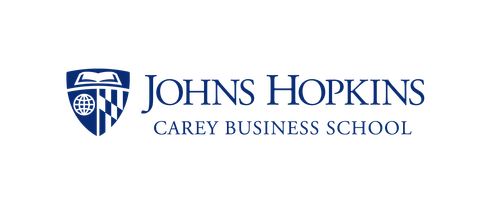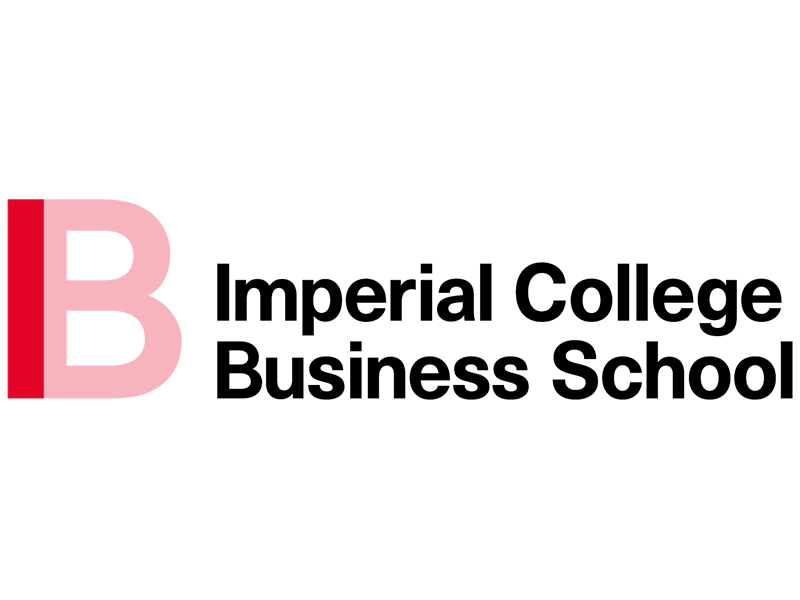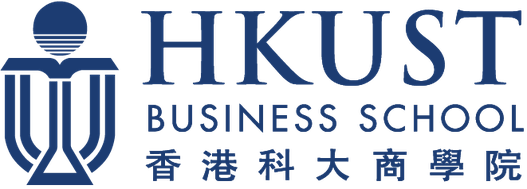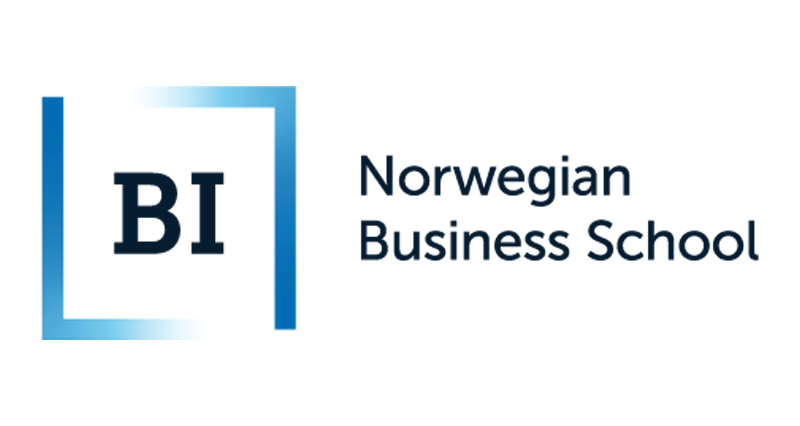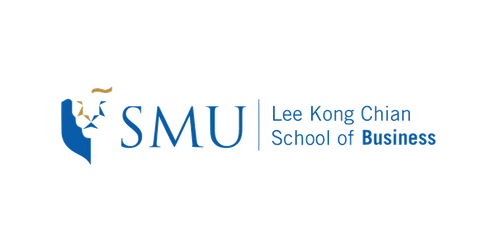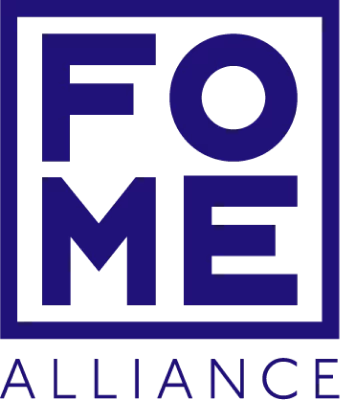The four key categories of corporate finance include investment decisions, financing decisions, dividend policy, and working capital management. Advanced corporate finance courses delve deeper into these areas, integrating tools like portfolio analysis and finance and strategy frameworks. Certification courses on finance also address the practical application of these concepts, making them relevant for corporate finance business development courses.
What are the 4 categories of corporate finance?
What is a corporate finance course and what are its benefits?
A corporate finance course explores the fundamentals of corporate finance, focusing on managing a company’s financial resources. Participants gain practical knowledge through corporate finance training courses, including topics like portfolio analysis, applied corporate finance, and business development strategies. With a structured corporate finance course syllabus, these programs often include interactive corporate finance excel courses to enhance analytical skills.
What is the study of corporate finance?
The study of corporate finance revolves around understanding how companies make financial decisions. It emphasizes the principles taught in a corporate finance class, such as capital budgeting, risk assessment, and financial structuring. Programs like courses corporate finance institute and corporate finance analyst courses provide hands-on experience with course materials focused on applied corporate finance courses.
What qualifications do you need for corporate finance?
To pursue a career in corporate finance, a combination of academic credentials and certifications is essential. Completing a corporate finance qualification like an advanced corporate finance course or a certification course on finance demonstrates expertise. Additionally, succeeding in a recognized finance exam and mastering skills through a corporate finance excel course can set candidates apart. These credentials often complement professional experience in roles involving finance and strategy.
What’s the difference between an online certificate and one attended in person?
Both delivery methods ensure the same level of academic excellence and personalised support. An EDHEC Online Certificate offers the same high-quality knowledge and skills to their participants as the traditional on-campus programs.
While on-campus programs are delivered through in-person classes, online programs leverage advanced digital platforms to reach learners globally.
Online programs use two different formats: asynchronous and synchronous learning. Asynchronous classes provide flexibility, allowing students to access course materials and complete assignments at their own pace. Synchronous classes require students to attend virtual sessions at scheduled times, enabling real-time interaction with professors, mentors, coaches, and classmates from anywhere. EDHEC Online programs combine both elearning types: synchronous activities with weekly live classes and real-time messaging between participants, professors and coaches, and high-quality asynchronous content by following an approach founded on user experience and gamification.
You will receive a certificate from EDHEC, a Business School ranked 7th in Europe (Financial Times 2023 ranking) with triple accreditation (EQUIS, AACSB and AMBA). This guarantees the academic excellence of the programs, the expertise of the teaching staff, as well as its close ties to businesses.
How much time should I spend on an e-learning course?
We recommend dedicating 7 to 9 hours of work towards it per week.
Maintaining a work-life balance is essential and will help to ensure learners get the most out of their course. Our training courses are designed so that learners can adjust their workload to align with their personal situation.
One benefit of remote work is that learners can fit it into their personal and professional lives.




